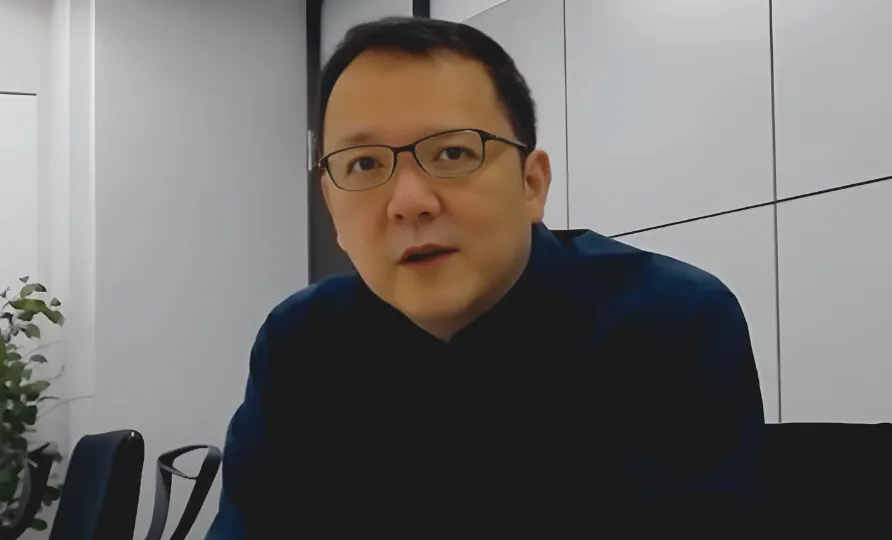In recent times, El Salvador has made significant headlines by doubling down on its commitment to Bitcoin. Despite market fluctuations and potential profit opportunities, the Central American nation, under the leadership of President Nayib Bukele, has shown unwavering support for the cryptocurrency.
This strategic move includes not only retaining but actively increasing the country’s Bitcoin holdings. As a result, El Salvador’s Bitcoin reserves now stand at a substantial total of 5,690 BTC, valued at approximately $400 million. This bold decision reflects El Salvador’s pioneering stance in embracing cryptocurrencies and signals its long-term vision for economic development and financial independence.
El Salvador turns into a BTC home
El Salvador, through a series of calculated maneuvers that emphasize its dedication to cryptocurrencies, further solidifies its involvement in the digital currency sector, with a specific focus on bitcoin (BTC).
Recently, President Nayib Bukele of El Salvador declared the nation’s intention to purchase one bitcoin daily, with the goal of doing so until the price of bitcoins becomes prohibitive in fiat currencies. The results of this endeavor have increased the country’s bitcoin reserves to an impressive 5,690 BTC, which are currently valued at around $400 million.
In conjunction with its cryptocurrency initiatives, El Salvador has unveiled a significant development in the international investment sphere through the abolition of income tax on money transfers and international investments. This reduction in the tax rate from 30% to 0% is intended to stimulate economic growth and attract foreign investors.
The nation’s dedication to Bitcoin was further underscored this week with the transfer of over 5,000 BTC to a cold wallet. President Bukele revealed that a substantial proportion of these assets, comprising bitcoin valued at $400 million, has been transferred to an inactive device housed in a physical vault located on the territory of the nation.
By implementing a “Bitcoin piggy bank” to safeguard digital assets, El Salvador has taken a substantial stride in its financial strategy, thereby enhancing security measures and demonstrating a robust belief in the long-term viability of the cryptocurrency.
The choice to proceed with the transfer to a cold wallet was prompted by an unforeseen surge in El Salvador’s bitcoin reserves, which nearly doubled their previous recorded amount.
El Salvador’s BTC purchases
The nation obtained Bitcoin through a variety of channels, including daily purchases, passport sales, business currency conversions, mining, and government services. Prior to this disclosure, El Salvador’s bitcoin holdings were estimated to be less than 3,000 BTC. However, this strategy has significantly increased those amounts.
El Salvador established a precedent-setting position regarding Bitcoin in September 2021, when it became the initial nation to recognize the digital currency as lawful tender. Following that, the value of Bitcoin has experienced substantial volatility, most recently attaining an all-time high of $73,800.
The nation’s persistent daily bitcoin transactions and the establishment of a tax-exempt cryptocurrency sanctuary fueled by geothermal energy derived from a volcano exemplify its forward-thinking strategy in using cryptocurrencies to foster economic growth.
President Bukele harbors aspirations that surpass the mere accumulation of bitcoin. Instead, he foresees El Salvador becoming a prosperous nation by means of strategic investments and initiatives pertaining to the digital currency.
In spite of admonitions and disapproval from global institutions such as the International Monetary Fund (IMF), El Salvador maintains a resolute stance towards its bitcoin strategy, exhibiting no indications of discontinuing its involvement in the digital currency.
El Salvador’s audacious exploration of Bitcoin and its endeavors to establish an environment favorable to cryptocurrency investments exemplify a substantial paradigm shift in how countries perceive and interact with digital currencies.
With the ongoing progress of its bitcoin procurement program and the improvement of its cryptocurrency infrastructure, the nation has established a model that may influence the trajectory of international finance.





